Why an Action Plan for organic production?
Agriculture is at the heart of the European Green Deal and has an essential role to play in the transition towards a more sustainable food system. Organic farmers are the pioneers of the sustainable agriculture of the future.
Organic farming is an agricultural method that aims to produce food using natural substances and processes. This means that organic farming tends to have limited environmental impact as it encourages the responsible use of energy and natural resources; the maintenance of biodiversity; preservation of regional ecological balances; enhancement of soil fertility; and maintenance of water quality. As a result, organic fields on average have 30% more biodiversity. Additionally, organic farming rules encourage a high standard of animal welfare and require farmers to meet the specific behavioural needs of animals.
Organic farming is a type of farming supported by the Common Agricultural Policy (CAP) and the EU’s aquaculture policy that can help deliver on the Green Deal ambition. In particular, it plays a role in the transition to sustainable food production and consumption, and contributes to the protection of nature and reversing the degradation of ecosystems.
Organic farming also responds to the growing societal demands for quality food produced with high environmental, biodiversity and animal welfare standards, recognised by the future CAP proposals and by the Farm to Fork and Biodiversity strategies. Both strategies include the target of reaching 25% of agricultural land under organic farming in the EU by 2030, as well as a significant increase in organic aquaculture.
The Action Plan for the development of organic production puts forward 23 actions structured around 3 axes – boosting consumption while maintaining consumer trust, increasing production, and further improving the sustainability of the sector – to ensure a balanced growth of the sector.
What is new in this Action Plan compared to the previous one?
The new Action Plan aims at reaching the target of 25% of agricultural land under organic farming by 2030, as well as a significant increase in organic aquaculture. It is broader in scope, covering the whole value chain, involving a wide range of stakeholders. It mobilises the CAP but also programmes and tools beyond the CAP, such as the 2021-2027 European Maritime, Fisheries and Aquaculture Fund (EMFAF).
What are the key measures to boost consumption?
The first section of the Action Plan focuses on ways to increase the consumption of organic products. Among those, the Commission highlights the importance of informing and communicating about organic farming and its benefits. To do this, for instance, it will continuously collect data about the environmental, economic and social benefits of organic farming and communicate about it through social media. It will also regularly conduct surveys on consumers’ awareness of the EU organic logo.
To boost consumption, the Action Plan also includes promoting the consumption of organic products through campaigns, stimulating the uptake of organic products in public canteens and increasing the distribution of organic products under the EU school scheme.
In addition, the Action Plan recognises that to increase consumption, it is key to strengthen the fight against fraudulent practices and to improve traceability. For example, the Commission will work closely with Member States to develop and implement an organic fraud prevention policy, and maintain a robust control system of audits. In terms of traceability, one of the actions consists in developing a database for all European producers certified organic, which will be extended to third countries at a later stage.
What are the key measures to encourage production?
The second section of the Action Plan puts forward concrete actions to encourage the growth of organic production.
In addition, the Commission will provide thorough data on the EU organic sector. This will comprise, for example, regular reports on organic production as well as intensifying the collection of market data. Furthermore, the Commission in collaboration with stakeholders will look into improving the organisation of the organic sector supply chains and strengthen the position of organic farmers in the food supply chain.
In line with the new organic legislation entering into application on 1 January 2022, the Commission also aims at fostering local and small-scale processing. This is crucial to ensure organised and efficient supply chains for organic products and to make sure that small producers can find an outlet for their production.
Finally, the Commission will support research and innovation, e.g. to improve animal nutrition in accordance with organic rules. For example, it will focus on increasing the availability of locally sourced feed as well as finding alternative sources of protein to ensure sustainable and diversified animal nutrition.
What are the key measures to improve the sustainability of organic production?
The final section of the Action Plan emphasises organic farming’s drive to lead by example in the transition to sustainable agriculture and aquaculture. To do this, the Commission will invest in research and innovation in different areas such as the preservation and use of genetic resources, pre-breeding and breeding activities and the availability of organic seeds. Developing alternative approaches to contentious inputs and plant protection products via research and innovation is another key are. To enable such research, the Action Plan establishes th at the Commission intends to allocate at least 30% of the Horizon Europe funding for agriculture, forestry and rural areas to topics relevant for the organic sector. In addition, Horizon Europe will continue offering opportunities for supporting research and innovation in the area of organic aquaculture.
Furthermore, the Commission will set up a network of climate positive organic farms to share best practices and to further reduce the carbon footprint of organic farming.
Ensuring a more efficient use of resources is a challenge for the agriculture and aquaculture sectors as a whole. The Commission will draft guidelines to minimise the use of plastics and shall promote the efficient use of water and energy.
What role will the organic sector play in the Farm to Fork and Biodiversity strategies?
The organic farming target is set in conjunction with other targets in the Farm to Fork and Biodiversity strategies: in particular, the reduction in the use of pesticides, of nutrient losses into the environment, the sales of antimicrobials as well as the increase of high diversity farming.
This target reflects the ambition to stimulate organic farming in the EU, which holds great potential for farmers and consumers alike. Organic farming has a positive impact on biodiversity and soils, higher returns and increased resilience for the farmers and growing interest from consumers, who increasingly recognise its value. Studies show that organic farming offers women farm entrepreneurs an easier entry-point than the conventional sector. Organic farming has to inspire conventional farming and lead the way.
Is the 25% target at national or EU level?
The 25% target of organic agriculture is at EU level. Some Member States have already reached a share above 20%, which shows the feasibility of the target. Others are planning rapid increases over the next few years. However, there are still significant differences in terms of the share of agricultural land under organic farming between Member States, ranging between 0.5% and over 25%, with an EU average of 8.5%. It is therefore key to take local conditions into account while implementing the Action Plan.
The target to significantly increase organic aquaculture is also at EU level. Aquaculture production is increasing in some Member States, while others are still in the early stages of this production method* and the potential needs to be further exploited.
Is there a link between this Action Plan and the recommendations for the national CAP strategic plans?
Organic farming is specifically addressed in the recommendations made to the Member States on the nine specific objectives of the CAP. In these recommendations, the European Commission asks Member States to set explicit national values for their organic area target, taking into account their specific situation and the above-mentioned recommendations.
In addition, Member States are invited to develop a national organic Action Plan setting out all measures going beyond agriculture and the CAP.
Which CAP instruments can contribute to boosting the organic sector?
In terms of supporting organic agriculture, the new CAP offers Member States a possibility to support both conversion to and maintenance of organic farming methods. The new eco-schemes under the direct payments framework as well as the rural development’s environmental management commitments shall provide such support.
Furthermore, the EU agri-food promotion policy will contribute to stimulate demand by promoting organic products in the internal market as well as in third countries. Already in its 2021 annual work programme, almost 30% of its budget is dedicated to the promotion of organic products.
Which instruments can contribute to boosting organic aquaculture?
The Common Fisheries Policy provides for means to promote the sustainable development of EU aquaculture. The upcoming new Commission strategic guidelines for EU aquaculture will promote organic aquaculture as one of the ways to increase the sustainability of aquaculture production. The Commission also encourages EU Member States to include the increase of organic aquaculture in the (ongoing) review of their national strategic plans for the sector as well to support this type of aquaculture production with part of the funds available under the European Maritime, Fisheries and Aquaculture Fund (EMFAF). Horizon Europe will continue to support research an innovation for organic aquaculture. In addition, the EU method of policy coordination for aquaculture (so called Open Method of Coordination) will continue to allow EU Member States and stakeholders to exchange best practices and innovative approaches to further develop organic aquaculture.
How will the Commission monitor the implementation of the Action Plan?
To monitor progress, the Commission will organise public yearly follow-up meetings with representatives of the European Parliament, Member States and stakeholders, and will inform other EU institutions as appropriate. Biannual progress reports and a midterm review in 2023 of the Action Plan will be available to the public.
Furthermore the Commission will monitor the national organic action plans every year, providing the opportunity to assess progress and discuss the implementation of the proposed actions.
What is the current legal framework for the Organics sector in the EU?
In 2007, the EU Council agreed Council Regulation 834/2007 setting out the principles, aims and overarching rules of organic production and defining how organic products should be labelled. This Regulation will be replaced in January 2022 with an already adopted Regulation 2018/848.
The current legal framework governs whether goods can be marketed as organic within the EU, including those that have been imported from non-EU countries. The regulations also define how and when the EU organic logo can be used. There are additional specific regulations governing aquaculture and wine production.
To ensure a smooth transition between the current and future legislation and to allow the industry and Member States to be fully ready to implement the new rules, the Commission has proposed in September 2020 to postpone by one year entry into force of the new legal framework. The new rules are designed to guarantee fair competition for farmers while preventing fraud and maintaining consumer trust.
For More Information
Press release: actions to boost organic production
The Action Plan for the development of organic production
Factsheet on the organic sector
*EUMOFA Organic Aquaculture report, May 2017.

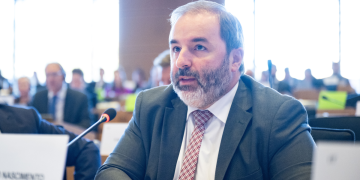


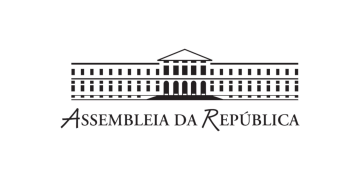
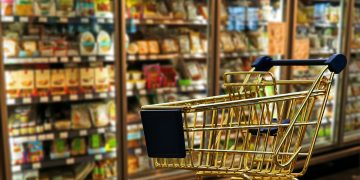
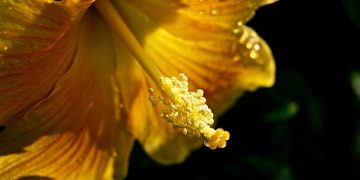















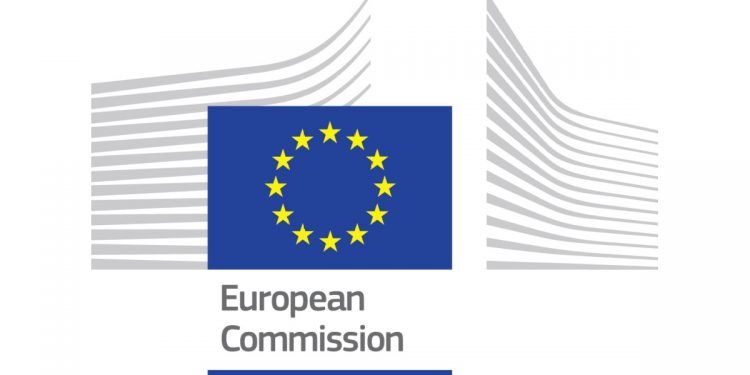
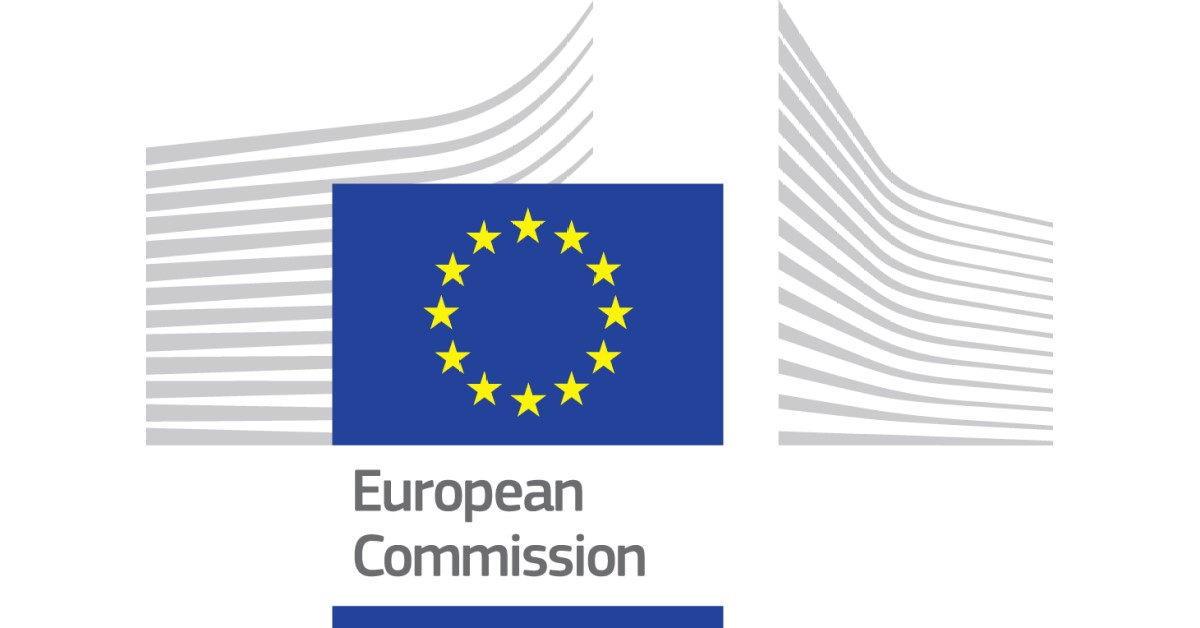
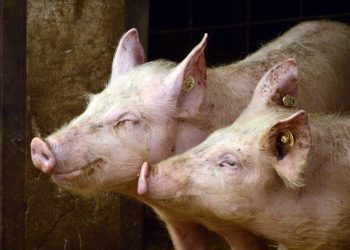
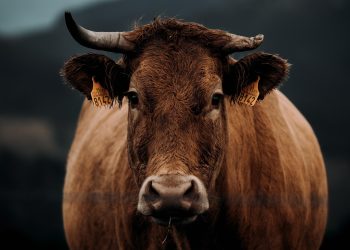





























Discussão sobre este post